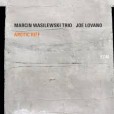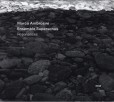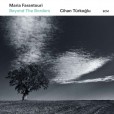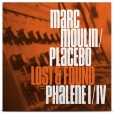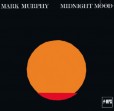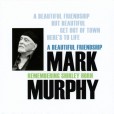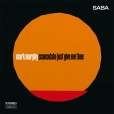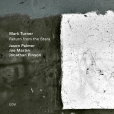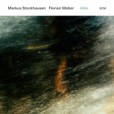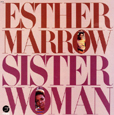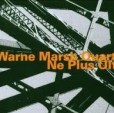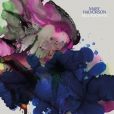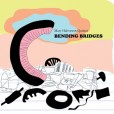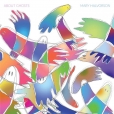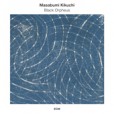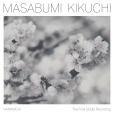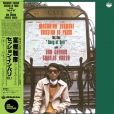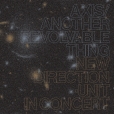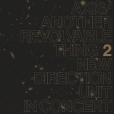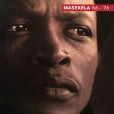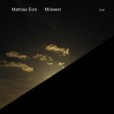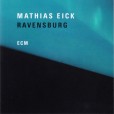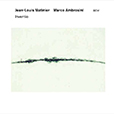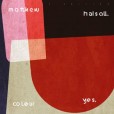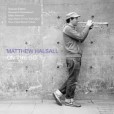Your basket is empty

Previously unreleased recordings from the sessions which produced Placebo’s sophomore LP, 1973.
The NY hipster in Cologne for the day in 1967, with eight members of the Kenny Clarke-Francy Boland big band, including Sahib Shihab and Ronnie Scott. Kicking off with Murphy unaccompanied in Duke’s Jump For Joy, the performances are masterful throughout, in wonderful repertoire, with a perfectly measured, enthralling introspectiveness.
Sconsolato in particular is ravishing, sublime Latin jazz, with casually brilliant drumming by Kenny Clarke and a gorgeous muted trumpet solo by Jimmy Deuchar, from Warrington. A desert island disc.
Very warmly recommended.
A no-frills, loving tribute — with Shirley’s longtime drummer Steve Williams and double bassist Curtis Lundy (brother of Carmen), formerly of Betty Carter’s group; also the fine pianist Alex Minasian and trumpeter Till Brönner.
Killer. Sublimely moody Latin jazz — our favourite recording by this great jazz singer — with expert accompaniment by Francy Boland, Kenny Clarke, Sahib Shihab, Ake Persson and co. On the flip, Just Give Me Time is a dynamic, full-flavoured bossa.
Classy gospel soul, with a drop of funk and a couple of heavy breaks.
Featuring the early-70s Fantasy gang including Bernard Purdie and Richard Tee; The Reflections doing backing vocals; ace horns; Van Gelder engineering.
Superb improvising by the Cool School alumnus, taking a line for a walk in all directions, before magically bringing it home. Gary Foster’s alto is uncannily attuned to Marsh, and the rhythm section swings. Including two canonical Tristanos and a Konitz — and some OG Bach to close, a bit tongue-in-cheek, with tantalising brevity. Recorded in 1969 for the Revelation label.
This is sublime. Check it out!
‘The most affecting solo piano album I’ve heard since Keith Jarrett’s much-loved The Melody At Night, With You more than 20 years ago’ (Richard Williams).
‘... the notes hang individually in the air as though being held up to the light… It’s so slow and patient, it becomes an observation of passing time’ (The Wire).
Evocative, engaging considerations of close relationships, a bit like a family portrait, centred on the German town of Ravensburg (home of the trumpeter’s grandmother), by a sextet including affective violin and two drummers, involving African percussion, homemade cymbals and bundles of brushwood, with ‘driving rhythm at the bottom end and soaring melody at the top.’
Alluring duets by Swedish nickelharpa and accordion, inspired by Bach’s sonatas and Pergolesi. (You might recall Matinier from sessions with Anouar Brahem and Louis Sclavis.)
